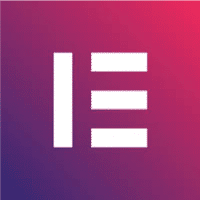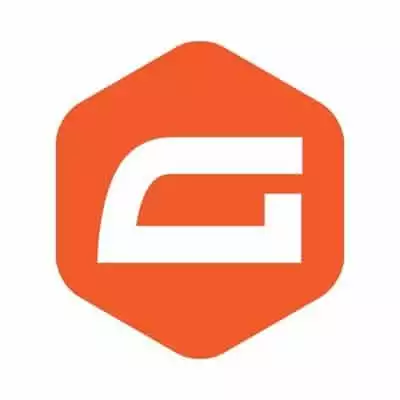Git vs Github vs GitLab — Key Differences and How to Get Started with Version Control
Check Out More At: Kinsta
WordPress: Best WordPress Plugins | WordPress Tutorials
Git vs Github vs GitLab — Key Differences and How to Get Started with Version Control
| Product Image | Product Name / Primary Rating / Price | Primary Button / Description |
|---|---|---|
|
|
|
|
|
|
|
|
|
|
|
|
|
|
Elementor is an amazing website builder plugin for WordPress. Elementor makes it easy to create beautiful and high converting websites yourself without having to learn code.
Gravity Forms is a WordPress plugin that creates powerful forms quickly and easily, with drag-and-drop fields, custom notifications and confirmations, and custom styling capability.
Kadence Theme is a powerful, intuitive and flexible WordPress theme that offers an expansive set of features and customization options.
It includes a robust page builder, beautiful design options, mobile-friendly responsiveness, powerful SEO tools and optimized performance for faster loading times.
It's perfect for creating stunning websites without needing to write any code.
Cloudways is a managed cloud hosting platform that simplifies cloud infrastructure deployment and management.
It provides an intuitive dashboard, automated backups and optimized stack for speedy performance. It also provides 24x7 support with multiple server locations, enabling businesses to host their applications quickly and securely.
When it comes to version control for code, there are three main options: Git, GitHub, and GitLab. While they all serve the same basic purpose, there are some key differences between the three. In this article, we’ll cover the key differences between Git, GitHub, and GitLab, and how to get started with each one.
Git is a free and open source distributed version control system. It is designed to handle small to very large projects with speed and efficiency.
GitHub is a web-based hosting service for Git repositories. It offers all of the distributed version control and source code management functionality of Git, plus adds its own features.
GitLab is a web-based Git repository manager with a wiki, issue tracking, and continuous integration and deployment.
The three main differences between Git, GitHub, and GitLab are:
1. Pricing
Git is free and open source, GitHub offers free and paid plans, and GitLab has a free community edition and paid enterprise edition.
2. Features
Git is a version control system, GitHub adds features on top of Git, and GitLab adds even more features on top of GitHub.
3. Focus
Git is focused on the command line and power users, GitHub is focused on ease of use and collaboration, and GitLab is focused on features and integration.
To get started with Git, simply download the software and install it on your computer. Then, create a new project or clone an existing one. To learn more, check out the Git documentation.
To get started with GitHub, create an account and then create a new repository. Once you have a repository, you can add files, make changes, and then commit those changes. To learn more, check out the GitHub documentation.
To get started with GitLab, create an account and then create a new project. Once you have a project, you can add files, make changes, and then commit those changes. GitLab also offers a number of features that are not available in Git or GitHub, such as a wiki and issue tracking. To learn more, check out the GitLab documentation.





